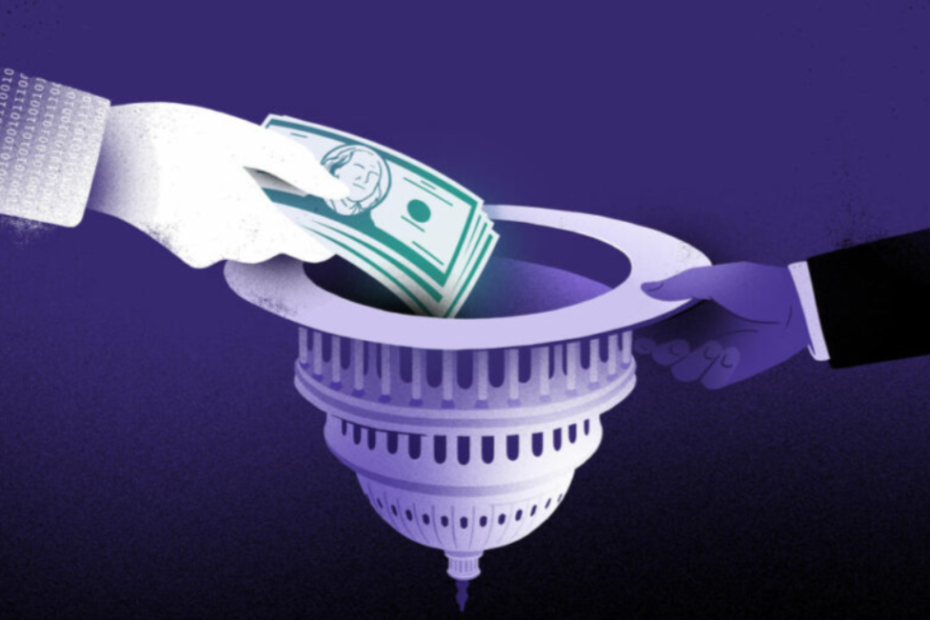The Silent Architects of Our Digital Lives
Imagine for a moment that every digital footprint you‘ve ever created – every online purchase, social media interaction, website visit, and personal preference – is meticulously collected, analyzed, and transformed into a valuable commodity. Welcome to the intricate world of data brokerage, a technological ecosystem that has fundamentally reshaped how businesses understand and interact with consumers.
Data brokers are the invisible engineers of our digital landscape, transforming raw personal information into strategic insights that drive global marketing, economic decisions, and technological innovation. They operate in a complex, often misunderstood realm where technology, economics, and personal privacy intersect.
The Evolution of Information as Currency
The story of data brokerage is not a recent phenomenon but a gradual technological transformation spanning decades. In the early days of digital communication, personal information was fragmented and challenging to collect. Today, sophisticated algorithms and interconnected systems can construct comprehensive profiles with remarkable precision.
Consider the journey of a single piece of personal data – say, your recent online shoe purchase. This transaction doesn‘t just represent a simple exchange but becomes part of an intricate data ecosystem. Machine learning algorithms analyze your purchase, comparing it against millions of similar transactions, understanding not just what you bought, but predicting future purchasing behaviors, lifestyle preferences, and potential marketing strategies.
The Technological Infrastructure of Data Collection
How Data Transforms from Raw Information to Strategic Insight
Modern data brokerage relies on a complex technological infrastructure that goes far beyond simple data collection. Advanced machine learning models, artificial intelligence, and big data analytics work in concert to transform seemingly random digital interactions into meaningful, predictive insights.
The process begins with multi-source data aggregation. Unlike traditional research methods, contemporary data brokers don‘t rely on a single information stream. They integrate data from:
- Public records and government databases
- Social media platforms
- E-commerce transaction logs
- Mobile device interactions
- Web browsing histories
- Loyalty program registrations
Each of these sources contributes unique layers of information, creating a multidimensional understanding of individual and collective behaviors.
The Machine Learning Revolution
Artificial intelligence has dramatically transformed data brokerage. Machine learning algorithms can now:
- Predict consumer behavior with unprecedented accuracy
- Identify subtle patterns across massive datasets
- Create dynamic user segmentation
- Generate real-time personalized recommendations
For instance, a machine learning model might analyze your online shopping history, social media interactions, and geographic location to predict not just what products you might want to purchase, but the exact moment you‘re most likely to make a buying decision.
Global Market Dynamics: The Economic Powerhouse of Information
A Market Measured in Hundreds of Billions
The data brokerage industry is no longer a niche technological sector but a global economic powerhouse. Current market estimates suggest the industry will reach [407.5 billion] by 2028, with a consistent growth rate of 8.67% annually.
Key players like Acxiom, Experian, and Nielsen have transformed from traditional market research firms into sophisticated data intelligence organizations. These companies don‘t just collect data; they create comprehensive ecosystems of consumer understanding.
Regional Variations in Data Brokerage
The approach to data collection and utilization varies significantly across different global regions:
- United States: A relatively unregulated market with extensive data collection capabilities
- European Union: Strict GDPR guidelines providing robust consumer protection
- China: Government-integrated data frameworks with centralized control
- Emerging Markets: Rapidly developing digital infrastructures creating new data collection opportunities
Privacy in the Digital Age: Challenges and Considerations
The Ethical Tightrope of Information Collection
While data brokerage offers unprecedented insights, it simultaneously raises critical privacy concerns. The same technologies that enable personalized experiences can potentially compromise individual privacy.
Consider the startling statistic that 99% of executive information is available across multiple data broker platforms. This level of accessibility presents significant risks, from potential corporate espionage to targeted cybersecurity threats.
Protecting Personal Digital Sovereignty
As a digital citizen, you‘re not powerless against extensive data collection. Practical strategies include:
- Regularly auditing online privacy settings
- Using virtual private networks (VPNs)
- Understanding opt-out mechanisms
- Being selective about shared personal information
- Utilizing privacy-focused digital tools
The Future of Data Brokerage: Emerging Technologies
Technological Horizons
The next decade will witness transformative changes in data collection and analysis:
- Blockchain-enabled data ownership
- Edge computing for real-time processing
- Advanced artificial intelligence for predictive modeling
- Enhanced privacy-preserving technologies
Data brokerage represents more than a technological industry – it‘s a reflection of our increasingly connected, digital world. As technology continues to evolve, the key will be striking a balance between innovative insights and individual privacy.
The future belongs to those who can navigate this complex landscape with wisdom, understanding, and a commitment to ethical technological progress.
